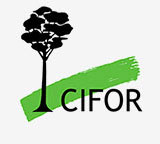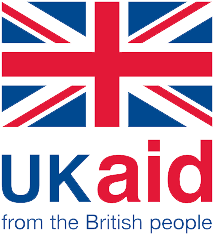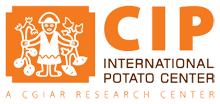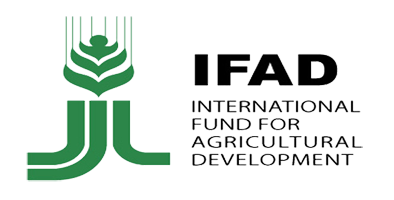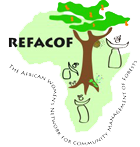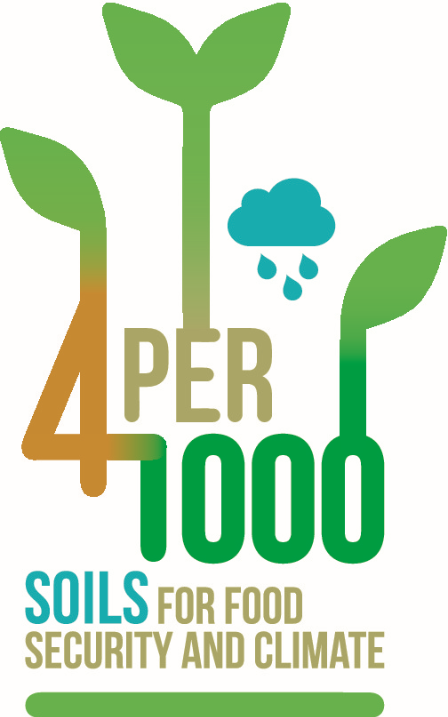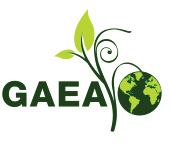Maria Andrade is the 2016 World Food Prize Laureate for her work on resilient nutritious orange-fleshed sweetpotato. She was born in Sao Filipe Fogo, Cape Verde Islands, which lie off the coast of West Africa, when that country was still a colony of Portugal (it gained independence in 1975). She was teaching in a Cape Verde high school when she was identified by USAID to go to college in the United States, where shestudied agronomy at the University of Arizona with support from an African American Institute scholarship. Maria received her B.Sc. in 1984 and M.Sc. in Plant Genetics in 1985 from the University of Arizona. With support from USAID, she earned her PhD in Plant Breeding and Plant Physiology from North Carolina State University in 1994. A mentor during that time helped orient her efforts toward assuming a leading role in improving food security in the developing countries of Africa. She developed a deep interest in biofortified crops after working on root crops in 1985 and conducting her PhD research on the sweetpotato, which, she learned, had the potential of providing significant nutritional benefits to malnourished children and women. Maria’s OFSP breeding research began in 1997 in drought-prone areas of Sub-Saharan Africa (SSA) with intensive adaptive trials that led to the release of nine drought-tolerant varieties distributed to farmers in Mozambique in 2001. Her “value-chain” approach incorporated both socio-market and agro-processing strategies to ensure a sustainable program for the long term to address food insecurity, malnutrition, and income generation. With USAID support, Dr. Andrade conducted the first large-scale field testing of 58 OFSP varieties from the U.S., China, Kenya, and Tanzania, and was able to identify eight varieties with high yields. She and the Mozambique government partnered with USAID again in 2000 following a devastating flood in Mozambique to distribute these top-yielding varieties to 123,000 households. Andrade has also partnered effectively with the Mozambique Ministry of Agriculture, and Bouis and HarvestPlus. Her passionate advocacy has resulted in the OFSP program in Mozambique becoming what one donor described as the “calling card” for biofortification work in Sub-Saharan Africa (SSA). A turning point in Maria’s career occurred when she was given the opportunity to join the International Institute for Tropical Agriculture and work in Southern Africa. This exposed her to the international agricultural research environment, broadened her perspective, and showed her the important role she could play in food security. Her interest in this area was reinforced after learning that nearly 70 percent of the children in Mozambique suffered from vitamin A deficiency, and her subsequent opportunity to work in that country as a plant breeder of biofortified OFSP.
Maria Andrade
Sweetpotato Breeder, Cape Verde

